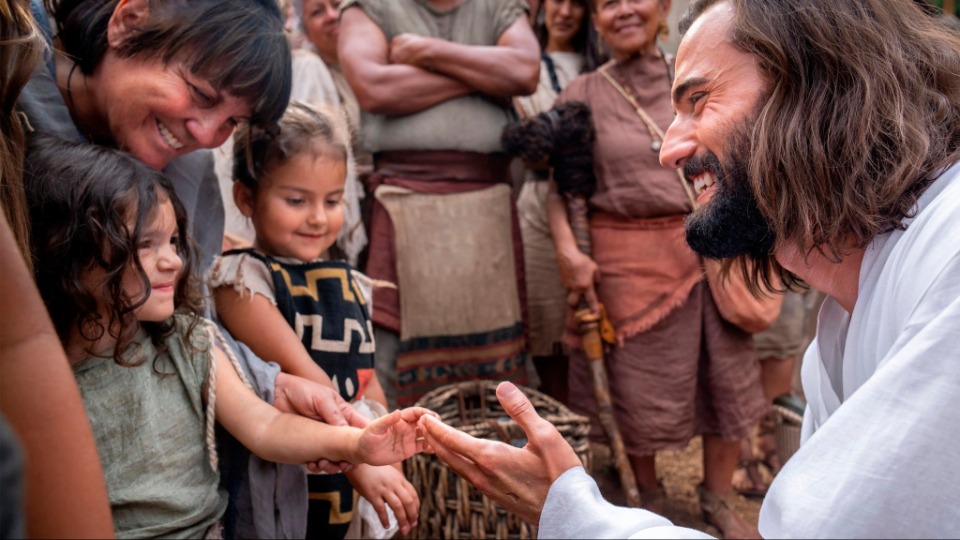This post is part of the General Conference Odyssey. This is the 371st week, and we’re covering the Sunday morning session of the October 1999 General Conference.
The theme that stuck out to me from the session was peace. As Sister Pinegar taught,
The world is not a safe place. It is not a place where children will feel peace, hope, and direction unless they are taught to love and follow the Savior.
This knowledge comes from a place of personal tragedy as she made clear in her talk:
The difficult experience of my son’s death helped me identify and rejoice in the blessings of peace, hope, and direction—blessings that all who truly accept and live the gospel of Jesus Christ may enjoy. I can bear witness to the words of Elder Richard G. Scott: “Please learn that as you wrestle with a challenge and feel sadness because of it, you can simultaneously have peace and rejoicing”
President Faust spoke on peace as well, saying that “Peace in this life is based upon faith and testimony.” So did Elder Ballard, adding “Our safety, our peace, lies in working as hard as we can to live as the Father and Son would have us live, in fleeing from false prophets and false teachers, and in being anxiously engaged in good causes.”
So there are the things that I learned from these talks on peace.
Continue reading “Peace… and Something for Everyone”



